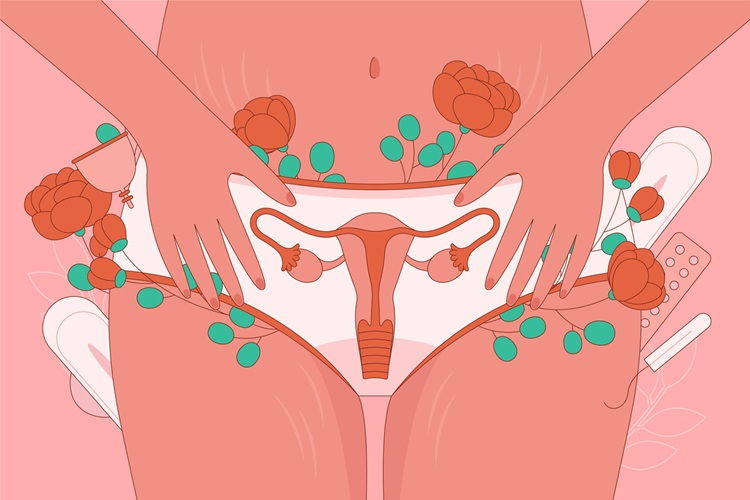Factors affecting the Penis Health
From our last discussion about penis health, we talked about how your lifestyle can affect the health of your penis and how to maintain a healthy one. But what exactly is a healthy penis?
A healthy penis has to be free from lesions, warts, and abnormal discharges. Generally, a healthy penis should have the same color as its surrounding skin; however, it can be a shade darker or lighter in some cases.
A healthy person should not have any pain in their penis while urinating or having sex. A sudden change in appearance, sensation, or function of the penis could signal a hidden issue that requires medical consideration.
Some lifestyle factors and health conditions that can affect penis health will be discussed in this article.
11 Factors that can affect the health of your penis
The health of your penis is affected by several factors; some of them are easily treatable, while others are harder to treat.
- Underlying diseases: Underlying diseases such as heart disease, diabetes, high blood pressure, high cholesterol, and obesity can raise the risk of erectile dysfunction.
- Certain medications: Several common medications, including blood pressure moderators, antidepressants, and sleeping pills, have ED listed as their side effects.
- Prostate cancer: Surgical removal of a prostate tumour can lead to urinary incontinence and erectile dysfunction.
- Smoking: Along with other health risk factors, smoking increases the chances of having erectile dysfunction.
- Excessive drinking can contribute to loss of sex drive, erectile dysfunction, and high-risk sexual behaviours.
- Hormonal levels: Hormone imbalances, particularly testosterone deficiency, have been related to erectile dysfunction.
- Psychological effects: Depression, intense stress, or other mental health impairments and medications for these conditions can contribute to erectile dysfunction.
- Neurological conditions: Spinal cord, stroke, back injuries, multiple sclerosis, and dementia can impact the transfer of nerve impulses from the brain to the penis, causing erectile dysfunction.
- Ageing: Ageing is one of the primary causes of a decline in testosterone levels. It is related to increased risk of erectile dysfunction, decreased intensity of orgasms, declined force of ejaculation, and less penile sensitivity to touch.
- Unsafe sex: Sex with multiple partners, unprotected sex, and other risky sexual behaviours may increase the risk of getting sexually transmitted infections.
- Piercings: Having piercings on the penis can cause an infection in the skin and can interrupt the urinary flow. Depending on the exact piercing location, it might also deteriorate the ability to get an erection or orgasm.
How do I maintain a healthy penis?
Keeping your sex organ is healthy requires taking the following steps:
- Be sexually responsible: Using condoms or maintaining a mutually monogamous relationship with a partner who has been tested and is free of sexually transmitted infections can play a vital role in having a healthy penis.
- Get vaccinated: If you're 26 or younger, it's necessary to consider the human papillomavirus (HPV) vaccine to contribute to the restriction of cancers associated with the virus.
- Stay physically active: Having moderate physical activity can remarkably decrease the risk of erectile dysfunction.
- Make healthy choices: Maintaining a healthy weight can reduce the risk of causing high blood pressure, high cholesterol, type 2 diabetes, and other risk factors related to erectile dysfunction.
- Practice good hygiene: If you're not circumcised, it's recommended to clean regularly beneath your foreskin with soap and water. Be sure to put back your foreskin to its normal position after having sex.
- Know your medications: By talking to your practitioner, you can be informed about the possible side effects of your medications on your penis health.
- Pay attention to your mental health: Seek care for depression, anxiety, or other mental health conditions.
- Stop smoking and reduce alcohol intake: If you smoke, quit. If you feel that you need help to stop, talk to your doctor.
If you decide to drink alcohol, do so in a sensible way. For healthy adults, an average amount means up to one drink a day for women of all ages, including men older than age 65; and up to two drinks a day for men age 65 and younger.






Comments (0)